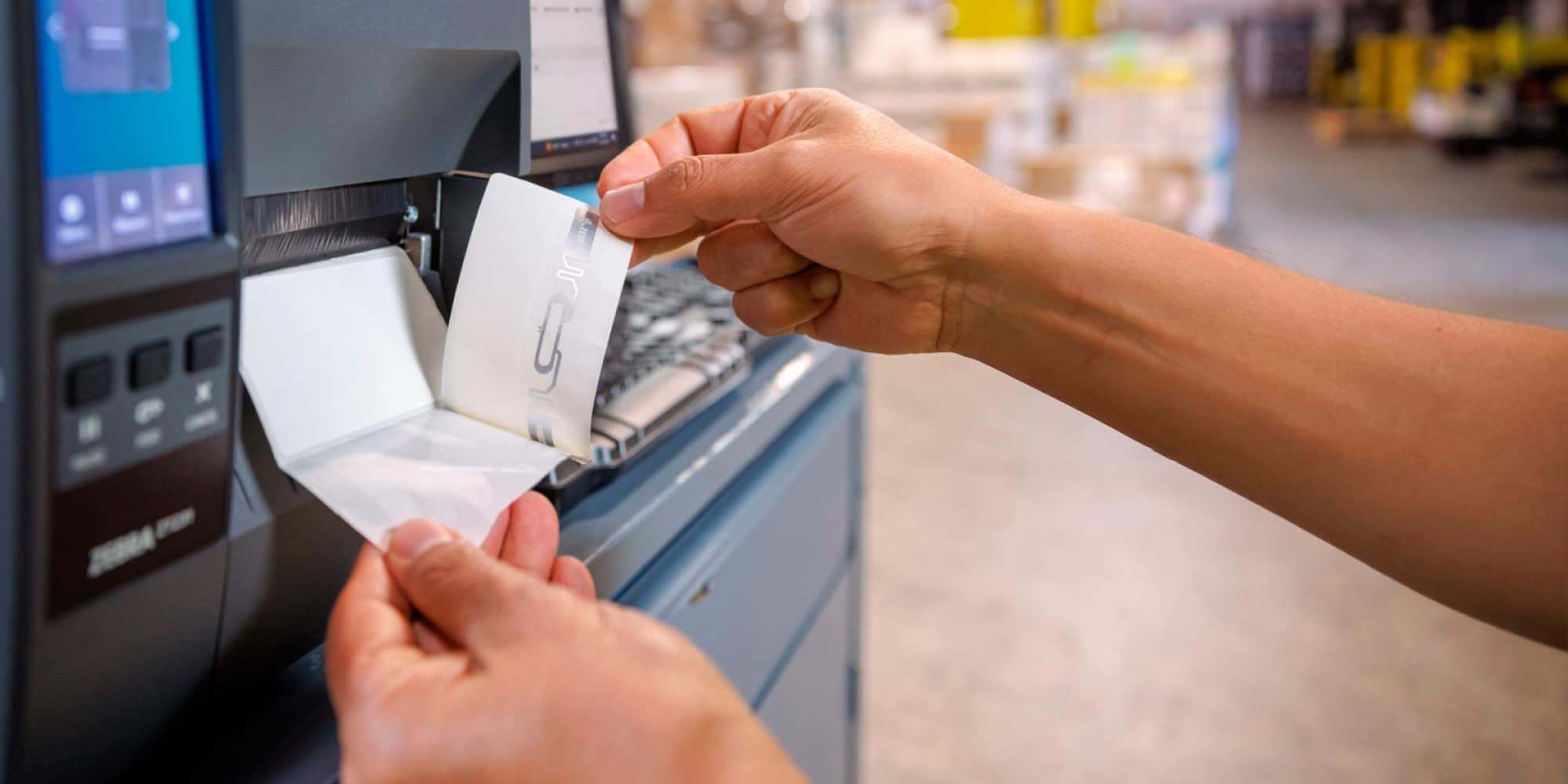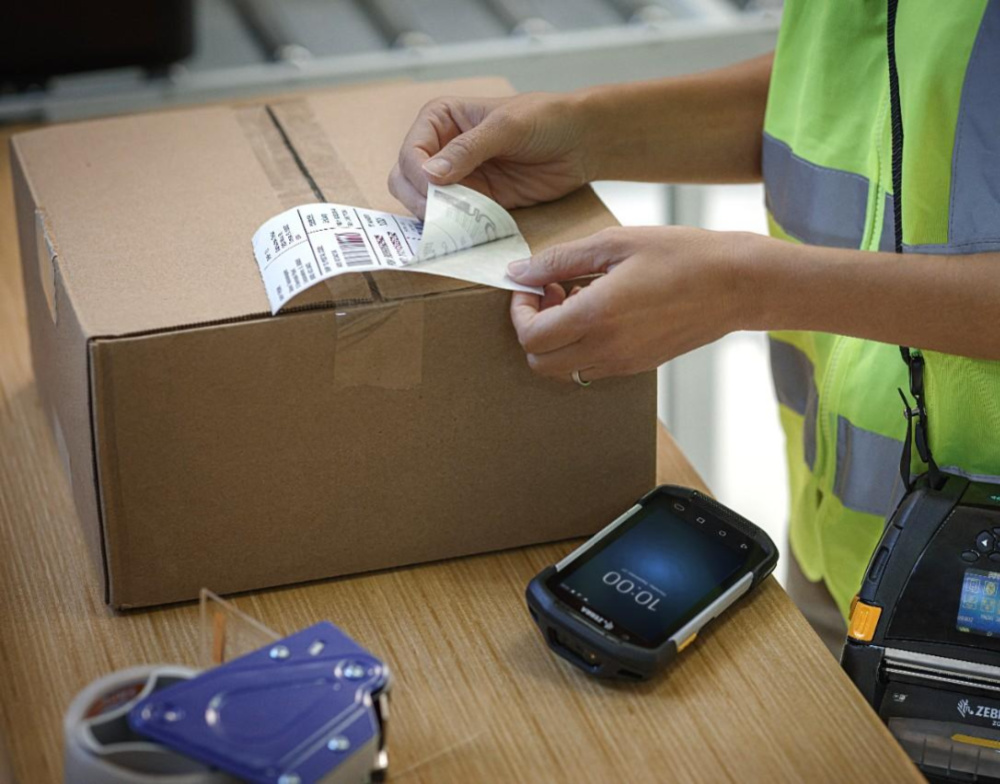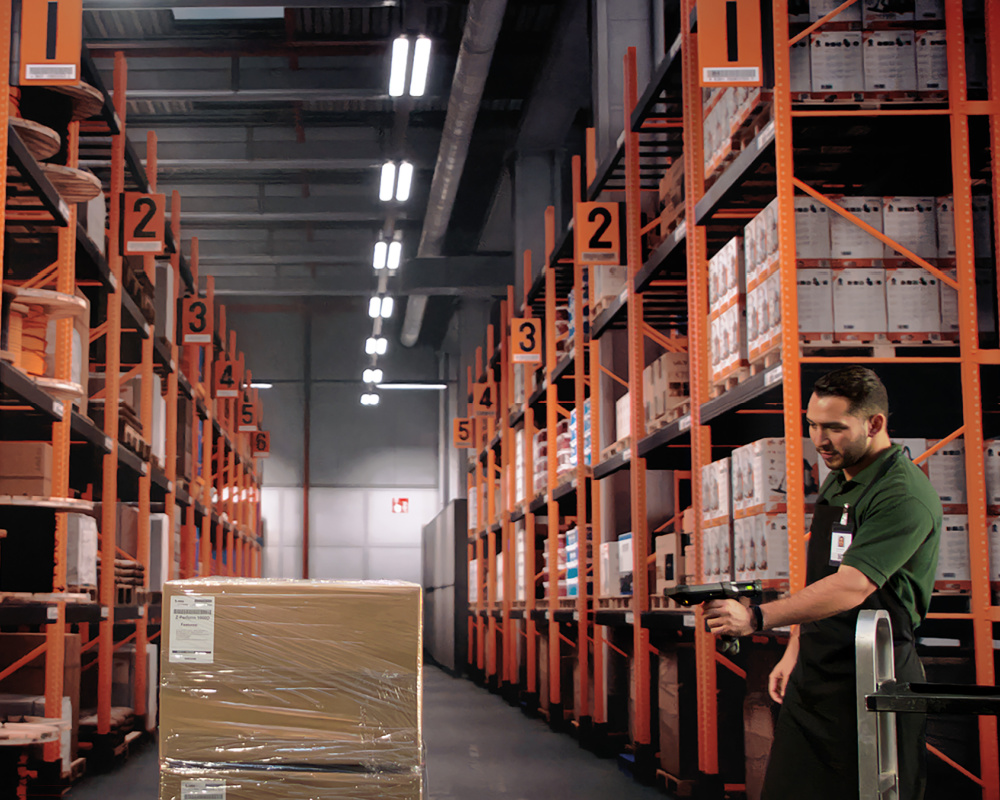
Radio Frequency Identification (RFID) technology has become increasingly prevalent in various industries, offering a wide range of applications from inventory management to contactless payment systems. However, many individuals still have questions about how RFID works, its benefits, and its potential uses. In this article, we’ll address some of the most common questions about RFID to provide a better understanding of this transformative technology.
1. What is RFID?
RFID is a technology that uses electromagnetic fields to automatically identify and track tags attached to objects. These tags contain electronically stored information that can be read wirelessly using RFID readers or scanners.
2. How Does RFID Work?
RFID systems consist of three main components: RFID tags, RFID readers, and a database or software system. The RFID tag, which contains a microchip and an antenna, emits radio waves when it comes into contact with an RFID reader. The reader captures the radio waves and converts them into digital data, which is then transmitted to a database or software system for processing.
3. How Does RFID Differ from Barcodes?
While both RFID and barcodes are used for identification and tracking purposes, they operate differently. Barcodes require line-of-sight scanning using a barcode scanner, whereas RFID does not. RFID tags can be read wirelessly and do not need to be in direct line of sight with the reader. Additionally, RFID tags can store more data than barcodes and can be read much more quickly, making RFID ideal for tracking large quantities of items in real-time.
4. What are the Benefits of RFID?
RFID offers several advantages over traditional identification and tracking methods, including:
-
Improved efficiency: RFID allows for faster and more accurate data collection, reducing manual errors and streamlining operations.
-
Enhanced visibility: RFID provides real-time visibility into the location and status of tagged items, enabling better inventory management and asset tracking.
-
Increased automation: RFID enables automated processes such as inventory replenishment, asset management, and supply chain logistics, saving time and labor costs.
-
Enhanced security: RFID tags can be encrypted to prevent unauthorized access, providing an added layer of security for sensitive information and assets.
5. What are the Main Applications of RFID?
RFID technology has numerous applications across various industries, including:
-
Inventory management: RFID enables businesses to track inventory levels, monitor stock movements, and streamline supply chain operations.
-
Asset tracking: RFID tags can be attached to equipment, vehicles, and other assets to monitor their location and condition in real-time.
-
Access control: RFID-based access control systems allow organizations to manage employee access to buildings, rooms, and secure areas.
-
Contactless payment: RFID technology is used in contactless payment systems, allowing consumers to make transactions with a simple tap of their card or smartphone.
6. Are there any Privacy Concerns Associated with RFID?
While RFID technology offers many benefits, there are also privacy concerns related to the potential misuse of RFID data. For example, unauthorized individuals could potentially intercept RFID signals or track individuals without their knowledge. To address these concerns, organizations must implement appropriate security measures, such as encryption and access controls, to protect RFID data and ensure privacy compliance.
7. How can Businesses Integrate RFID into their Operations?
Integrating RFID into existing operations requires careful planning and consideration of factors such as infrastructure requirements, data management processes, and employee training. Businesses should start by conducting a thorough assessment of their current workflows and identifying areas where RFID can add value. They should then work with RFID technology providers to design and implement customized solutions that meet their specific needs and objectives. Employee training is also essential to ensure that staff understand how to use RFID technology effectively and comply with relevant protocols and procedures.
Want to Learn More about RFID?
RFID technology offers a wide range of benefits and applications across various industries. By understanding how RFID works and addressing common questions and concerns, businesses can leverage this transformative technology to improve efficiency, visibility, and security in their operations. Take action today and Contact a ValuTrack Technology Specialist to learn more about this transformative technology.

Explore RFID Integration Services from ValuTrack
ValuTrack has decades of expertise, in designing and deploying RFID technologies to help performance-driven organizations achieve maximum efficiency. We provide the industry’s broadest, field-proven RFID portfolio for unmatched accuracy and visibility that elevates every system, device, tag and worker. Let us help you revolutionize your operations.
We’re Here to Help
Contact us to Start the Modernization Process
Looking for more information about a specific technology solution? Feel free to ask us about pricing, data sheets, and demos, or schedule a free in-person/online consultation for strategic guidance from one of our experts.
Fill out the inquiry form or contact us to start the process.
The Most Common Questions about RFID The Most Common Questions about RFID









